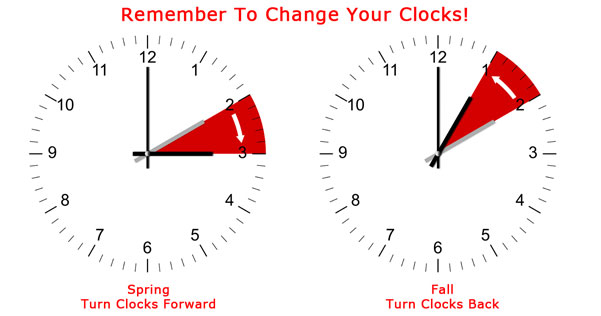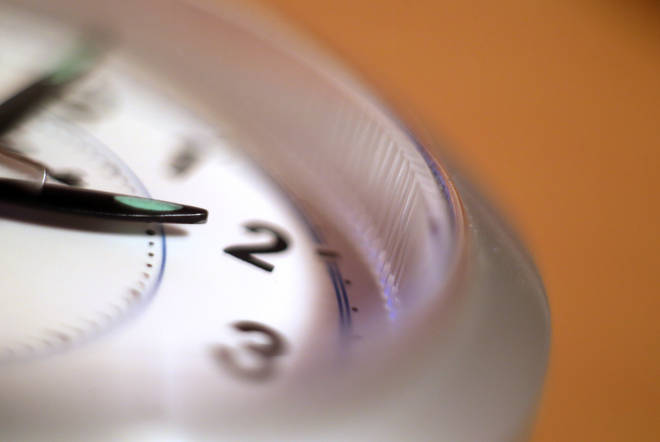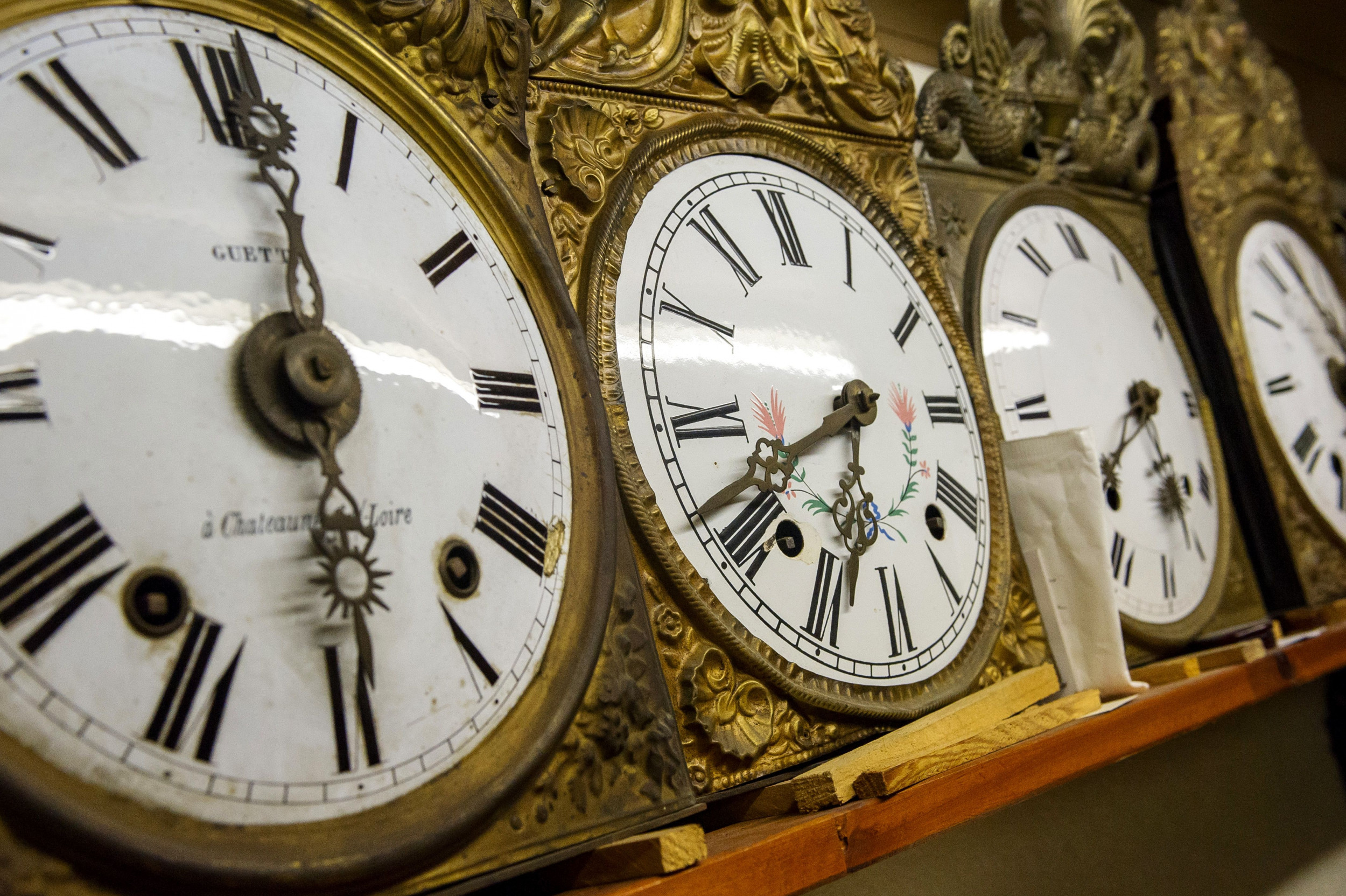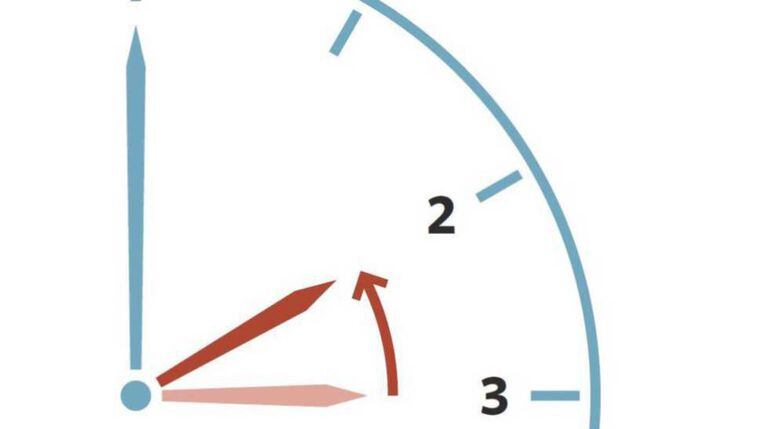Why Do We Turn The Clocks Back Why Do We Turn The Clocks Back Bbc Bitesize
Why do we turn the clocks back Indeed lately is being sought by users around us, maybe one of you personally. People are now accustomed to using the net in gadgets to view image and video data for inspiration, and according to the name of the article I will discuss about Why Do We Turn The Clocks Back.
- When Do Clocks Fall Back In 2020 When Is Daylight Saving Time Over This Year Daylight Savings Time Explained Nj Com
- Https Encrypted Tbn0 Gstatic Com Images Q Tbn 3aand9gcr4dgcgpbtiefl9sqlhyrbtzszdgmvlaq0j3wmzx2isxxojfgio Usqp Cau
- Our Bodies Hate Adjusting To Daylight Saving Time Here S How To Cope Shots Health News Npr
- Do The Clocks Go Back This Weekend And What Time Do They Change Mirror Online
- Mp8nwqssabw7gm
- Spring Forward Fall Back 100 Ideas On Pinterest Spring Forward Fall Back Fall Back Spring Forward
Find, Read, And Discover Why Do We Turn The Clocks Back, Such Us:
- Mp8nwqssabw7gm
- Daylight Savings Time When Did It Start Why Do We Turn Clocks Back
- It S About Time But Why Do We Turn The Clocks Back Channel 4 News
- Daylight Saving Time 2020 When Do We Move Our Clocks Ahead Syracuse Com
- Daylight Saving Time 2018 When Do We Turn The Clocks Back Travel Leisure
If you re looking for 24 To 12 Hour you've come to the ideal place. We ve got 104 graphics about 24 to 12 hour including pictures, pictures, photos, backgrounds, and much more. In such webpage, we also provide number of graphics out there. Such as png, jpg, animated gifs, pic art, logo, blackandwhite, translucent, etc.
Https Encrypted Tbn0 Gstatic Com Images Q Tbn 3aand9gcr4dgcgpbtiefl9sqlhyrbtzszdgmvlaq0j3wmzx2isxxojfgio Usqp Cau 24 To 12 Hour
We change our clocks to make better use of the daylight.

24 to 12 hour. Before we find out lets answer the most important questions first. Sunday 25th october 2020. So why do we turn back the clocks each winter.
But the clocks go back in. What time do we turn the clocks back. Why do we turn the clocks back.
On the last sunday in march clocks in the uk go forward an hour so that theres more daylight in the evenings. The idea behind daylight saving time is simple. When do the clocks go back.
Why do we turn the clocks back every year. The idea didnt actually resurface until 1895 when new zealand scientist george vernon hudson proposed to his government that the clocks. Back then the hands on many of the clocks could not be turned back without breaking the mechanism.
Instead owners had to put the clock forward by 11 hours when summer time came to an end on 1. But why do we change the clocks anyway. On the first sunday of november.
The change of the clocks often results in a state of confusion for the majority of the country as we lose or gain an hour throughout the course of the year. According to the farmers almanac the first real proponent of daylight saving time was londonite william willet back in 1907he lobbied both the british parliament and. Britain first adopted british summer time during the first world war in order to save fuel by reducing the need for artificial light.
More From 24 To 12 Hour
- Drops Per Minute To Ml Per Hour
- Walmart Oxford Pharmacy
- Hours Minutes And Seconds Calculator
- When Is Daylight Time Change
- Why Do We Set The Clocks Back
Incoming Search Terms:
- Losing An Hour Southern Indiana Real Estate Daylight Savings Time Spring Daylight Savings Time Spring Forward Why Do We Set The Clocks Back,
- Daylight Saving Time 2018 When Do We Turn The Clocks Back Travel Leisure Why Do We Set The Clocks Back,
- 30 Best Daylight Saving Time Images Daylight Savings Time Daylight Savings Spring Forward Fall Back Why Do We Set The Clocks Back,
- Daylight Savings Time When Did It Start Why Do We Turn Clocks Back Why Do We Set The Clocks Back,
- Daylight Saving Time 2019 Ends Sunday November 3 8 Things To Know About Falling Back Vox Why Do We Set The Clocks Back,
- Florida Passed A Bill Making Daylight Saving Time Permanent So Why Are We Turning Our Clocks Back Why Do We Set The Clocks Back,








